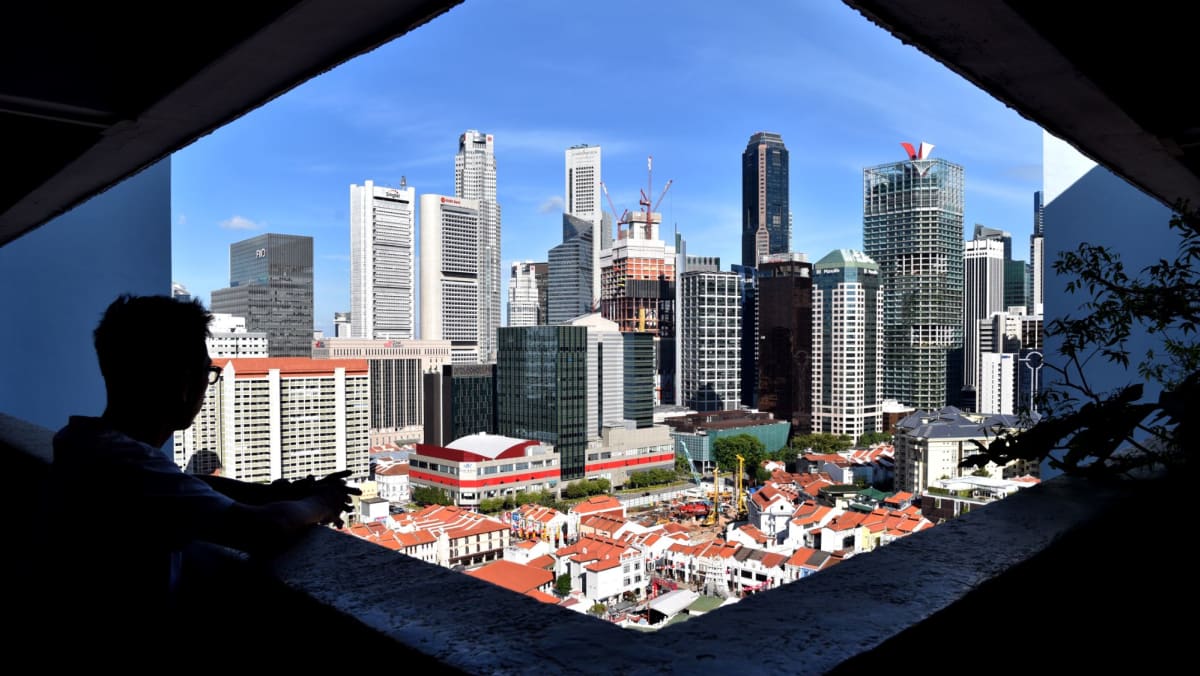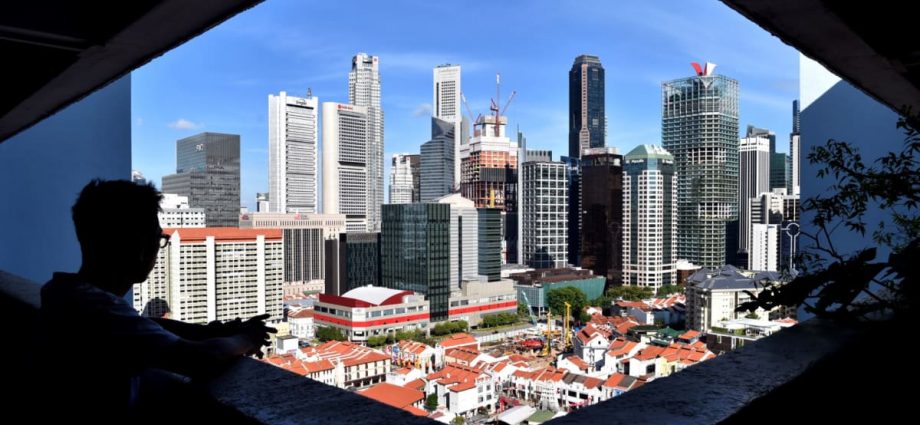
“UNSTABLE” EXTERNAL ENVIRONMENT
In the Mandarin speech, Mr Lee noted that the external environment has become “unstable”.
“The division between the US and China is deepening. The Taiwan issue is just one of the causes. Russia’s invasion of Ukraine has also impacted the global security landscape. It has created deep hostility between Russia and the other countries, especially with the US and other NATO countries.”
These have “profound implications” for Singapore, said Mr Lee.
“I am worried that there will be greater geopolitical rivalry and tension among the major powers in our region. Will Asia-Pacific experience similar conflicts as what is happening in Europe?” he added.
“We cannot rule out this possibility. Hence we need to be psychologically prepared and stay united.”
SINGAPORE’S STANCE AGAINST RUSSIA
Singapore took “a strong stand and condemned Russia” when the war in Ukraine started, said Mr Lee.
However, he noted that while most Singaporeans understood the Government’s position, some have asked “Why offend Russia? Why side with the US? Why stick our necks out?”
For Singapore, “this is not about taking sides”, explained Mr Lee.
“We are not siding with the US, and we are not against Russia. But we have to be firm in our position and defend fundamental principles robustly. We cannot be ambiguous about where we stand. We believe the sovereignty and territorial integrity of all countries, big or small, must be respected. These principles are existential for all nations, but especially so for a small nation like Singapore,” he said.
Singapore has “consistently opposed” the approach of “might is right”, added Mr Lee.
For instance, Singapore voted against the US at the United Nations (UN) when the US invaded Grenada in 1983, and “strongly opposed” the Vietnamese invasion of Cambodia in 1978.
“If we do not stand firm and take a clear stand on the Ukraine crisis, should Singapore be invaded one day, no one will speak up for us,” he said.
SINGAPORE “NATURALLY DIFFERENT” FROM OTHER COUNTRIES
Mr Lee also illustrated the range of views among other countries when the UN voted on the resolution deploring Russia’s invasion of Ukraine.
Among Asian countries, India abstained in the vote, as its main strategic consideration is its relationship with China, he said.
With “serious friction” between the two major countries, India has “sufficient reasons” to maintain its friendly relations with Russia. It also buys military equipment from Russia.
China also abstained in the vote, as China views the war in Ukraine primarily through the lens of its relations with the US, “which are very troubled”, added Mr Lee.
“China believes that even if she opposed Russia’s actions, US will not be grateful and reciprocate. Some Chinese commentators even feel the US will refocus its efforts on China and lock horns with it, after the US has dealt with Russia. After all, some Americans have framed the Ukraine crisis as a war between democracy and autocracy.”
As such, China is “even more unwilling” to compromise its “limitless” strategic relationship with Russia.
And within the ASEAN nations, Vietnam and Laos abstained in the vote, as they have had close relations with Russia since the Soviet era, said Mr Lee.
The remaining ASEAN members voted for the resolution but they did not name Russia in their statements.
“This is understandable, because none of them is the smallest nation in ASEAN, and do not feel as vulnerable as we do,” added Mr Lee.
As Singapore is the smallest nation in ASEAN, our interests and considerations are “naturally different” from the other countries.
“This is why we have not only explicitly condemned Russia’s invasion, but also went further to impose our own targeted sanctions on Russia,” he said.
Mr Lee added that he feels “heartened” that most Singaporeans support the Government’s position on the war in Ukraine, “including Chinese Singaporeans who are active on Chinese-language social media”.

